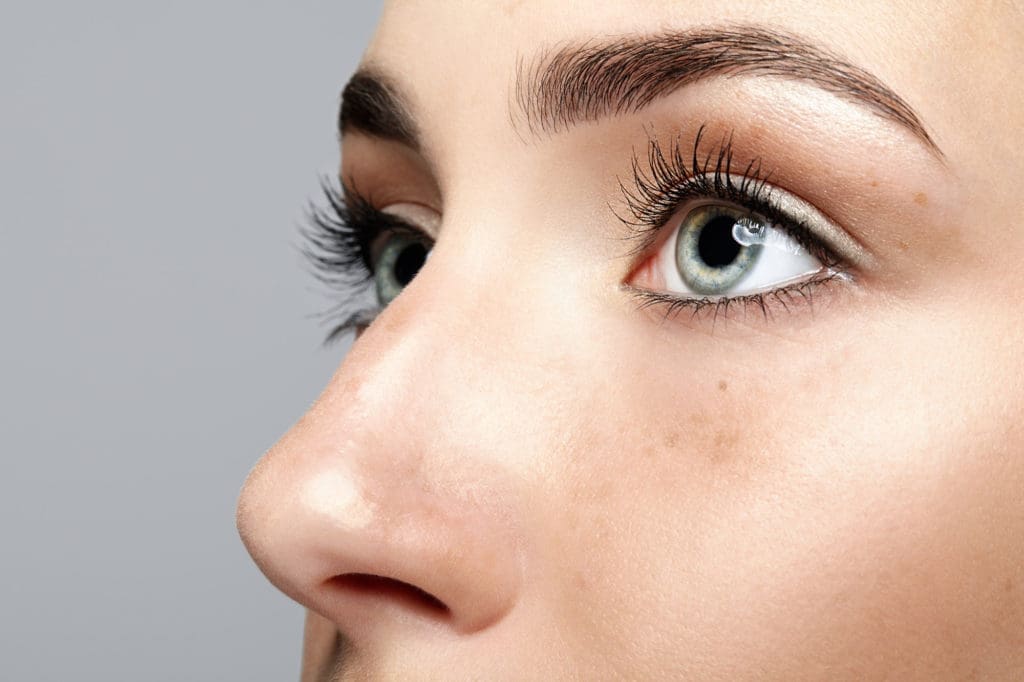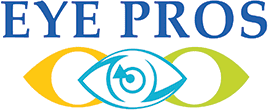Utah’s Guide to Eye Health: Best Vitamins and Nutrients

Too many of us take our bodies and particularly our eyesight for granted, using them every day without much forethought. That’s until we are in a situation where we lose our health and vision for some reason. In some cases, vision loss or degradation is beyond our control. It could be genetic or due to a car accident. But in most cases, you can improve the quality of your vision and your eye health by eating a balanced diet and exercising regularly. You can take certain eye vitamins as supplements or eat foods that contain them. Consuming these regularly can prevent eye disease and allow you to live a quality life well into your 80s and 90s. Keep reading to find out more about what the best vitamin for the eyes is. Vitamin A: A Key Nutrient for Eye Health Vitamin A is essential for improving eyesight and overall eye health, making it one of the most important nutrients for maintaining vision. Known for its healing effects, Vitamin A can be easily added to your diet through a variety of foods. Fruits and Foods Rich in Vitamin A: Sweet potatoes Carrots Spinach, kale, and most leafy greens Dairy products like milk and cheese Broccoli Eggs Cantaloupes Mangoes Black-eyed peas Foods with an orange tinge, like carrots and sweet potatoes, contain carotenoids that are particularly effective in supporting eye health. This aligns with the concept of “we eat the rainbow”, which emphasizes the importance of consuming a variety of colorful fruits and vegetables to obtain a wide range of nutrients. Pro Tip: Carry baby carrots as a convenient snack to improve your eyesight on the go. Lutein and Zeaxanthin: Essential Carotenoids for Eye Health Lutein and Zeaxanthin are powerful carotenoids known for their numerous benefits to eye health. These nutrients are particularly effective in protecting the eyes from harmful blue light exposure, which is common when using digital devices like laptops, tablets, and smartphones. Lutein and Zeaxanthin Foods: Incorporating a variety of these foods into your diet can ensure you get enough Lutein and Zeaxanthin: Spinach – The best source of lutein Kale Turnip greens Collards Mustard greens Summer squash Peas Pumpkin Brussels sprouts Broccoli Sweet yellow corn Avocados Sweet red peppers These food are not only rich in Lutein and Zeaxanthin but also offer a range of other nutrients that contribute to overall eye health. Pro Tip: Cooking green leafy vegetables releases more Lutein, making it easier for your body to absorb this essential nutrient. Unfortunately, many Americans do not consume enough of these foods. For those who may not get sufficient Lutein and Zeaxanthin through their diet, supplements can be a valuable addition, especially for kids who may be picky eaters. Omega-3 Fatty Acids: Essential for Eye Health Omega-3 fatty acids are often regarded as the holy grail of nutrients due to their wide-ranging health benefits, including significant improvements in eye health. Whether you’re dealing with heart disease, cholesterol issues, or eye problems, adding Omega-3 fatty acids to your diet is crucial. How Omega-3 Improves Eyesight: Omega-3 fatty acids play a vital role in protecting your eyes from degradation and relieving inflammation, which can lead to conditions like cataracts, glaucoma, and dry eye syndrome. These fatty acids, specifically EPA and DHA, are critical for maintaining eye health and preventing long-term damage. Best Omega-3 for Eyes: EPA and DHA are the types of Omega-3 fatty acids that are particularly important for eye health. These are primarily found in fatty fish and fish oils. Does Omega-3 Improve Eyesight? Yes, Omega-3 fatty acids are known to improve eyesight by reducing inflammation and providing essential nutrients that support overall eye health. Sources of Omega-3 Fatty Acids: It’s easy to get your daily dosage of Omega-3 fatty acids by incorporating cold-water fish into your diet: Mackerel Salmon Sardines Anchovies Herrings If you’re not a fan of fish, there are other sources of Omega-3 fatty acids you can consider: Cod liver oil Oysters Caviar Alternatively, you can consider taking an Omega-3 fatty acid supplement. Pro Tip: Make sure your Omega-3 supplement contains both DHA and EPA at high concentrations for maximum eye health benefits. How Long Does It Take Omega-3 to Work for Eyes? The effects of Omega-3 on eyesight can vary depending on the individual, but many people start noticing improvements within a few weeks to a few months of consistent intake. Zinc: Essential for Retinal Health and Eye Protection Zinc is a vital mineral that plays a crucial role in maintaining the health of the retina, cell membranes, and protein structure of the eye. It also helps transport Vitamin A from the liver to the retina, where it produces melanin—a pigment that protects the eyes from harmful UV light. Ensuring adequate Zinc intake is important for maintaining healthy vision and reducing the risk of eye diseases, as Zinc’s antioxidant properties protect the eyes from free radical damage that can degrade retinal function over time. Zinc-Rich Foods for Eye Health: Incorporating the following foods into your diet can help you get the Zinc your eyes need: Oysters (One of the richest sources of Zinc) Red meat Pumpkin seeds Nuts Seeds Legumes Pro Tip: Add pumpkin seeds to your salad or morning cereal as they are an excellent source of Zinc. Vitamin C: A Powerful Antioxidant for Eye Health Vitamin C is a crucial antioxidant vitamin that offers significant benefits for eye health. It helps prevent free radical damage in the cells of the eyes, which can contribute to the development of eye conditions like cataracts and age-related macular degeneration. Vitamin C for Eyes Benefits: Prevents oxidative stress: Vitamin C neutralizes free radicals that can harm eye cells. Supports overall eye health: Regular intake of Vitamin C contributes to maintaining clear vision and preventing age-related eye conditions. Vitamin C-Rich Foods for Eye Health: Incorporating the following foods into your diet can help ensure you get enough Vitamin C to support your eyes: Citrus fruits (Oranges, lemons, grapefruits) Green leafy vegetables Tomatoes Guavas (Contain
